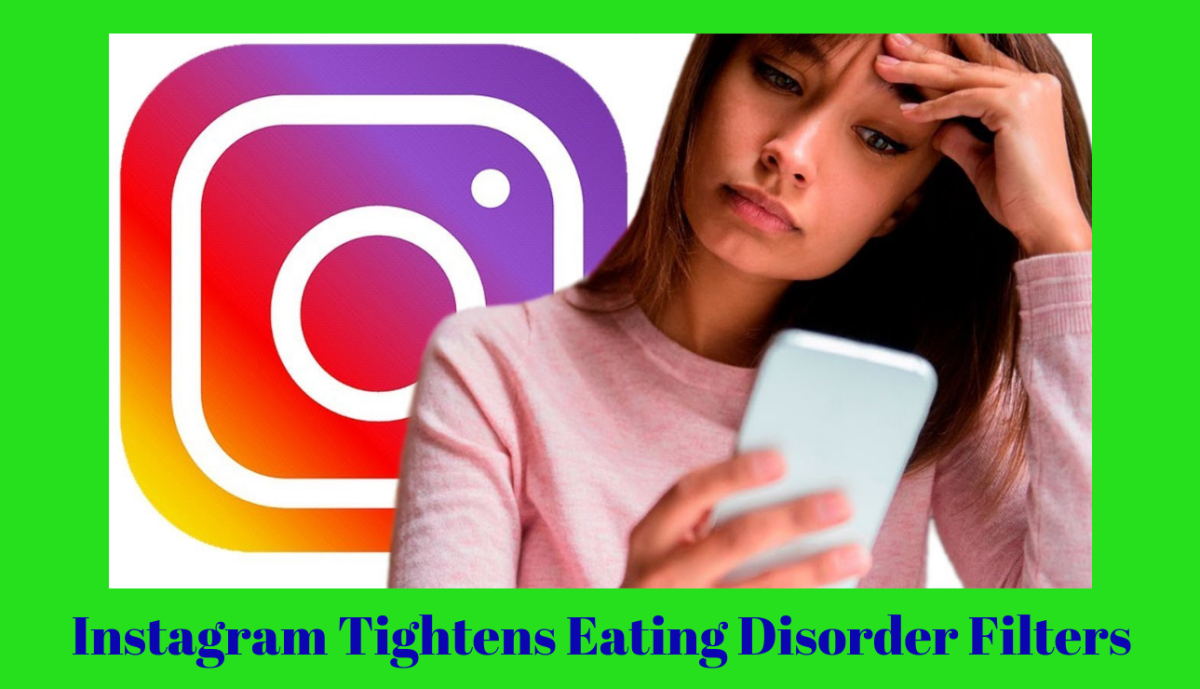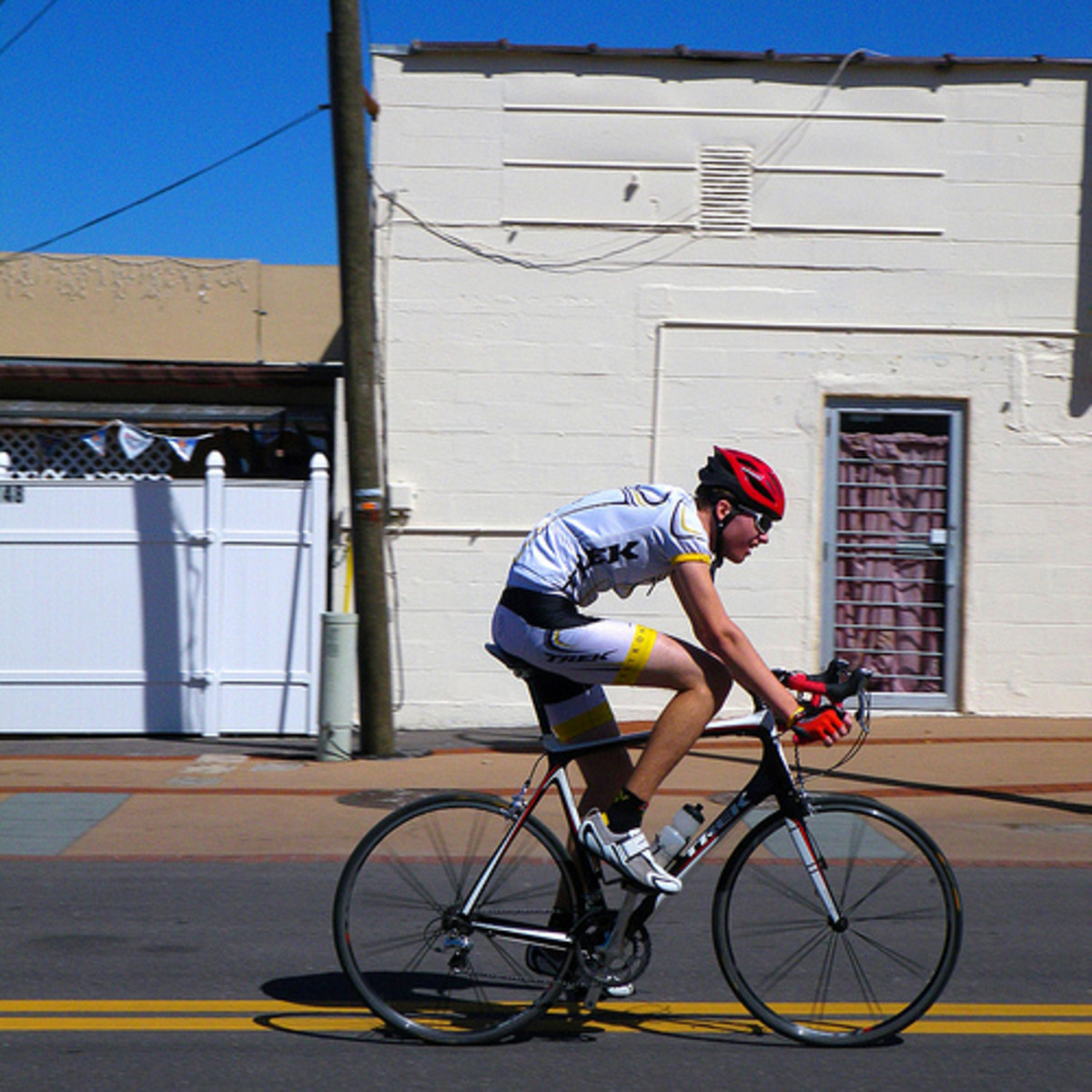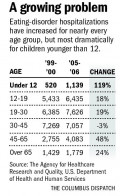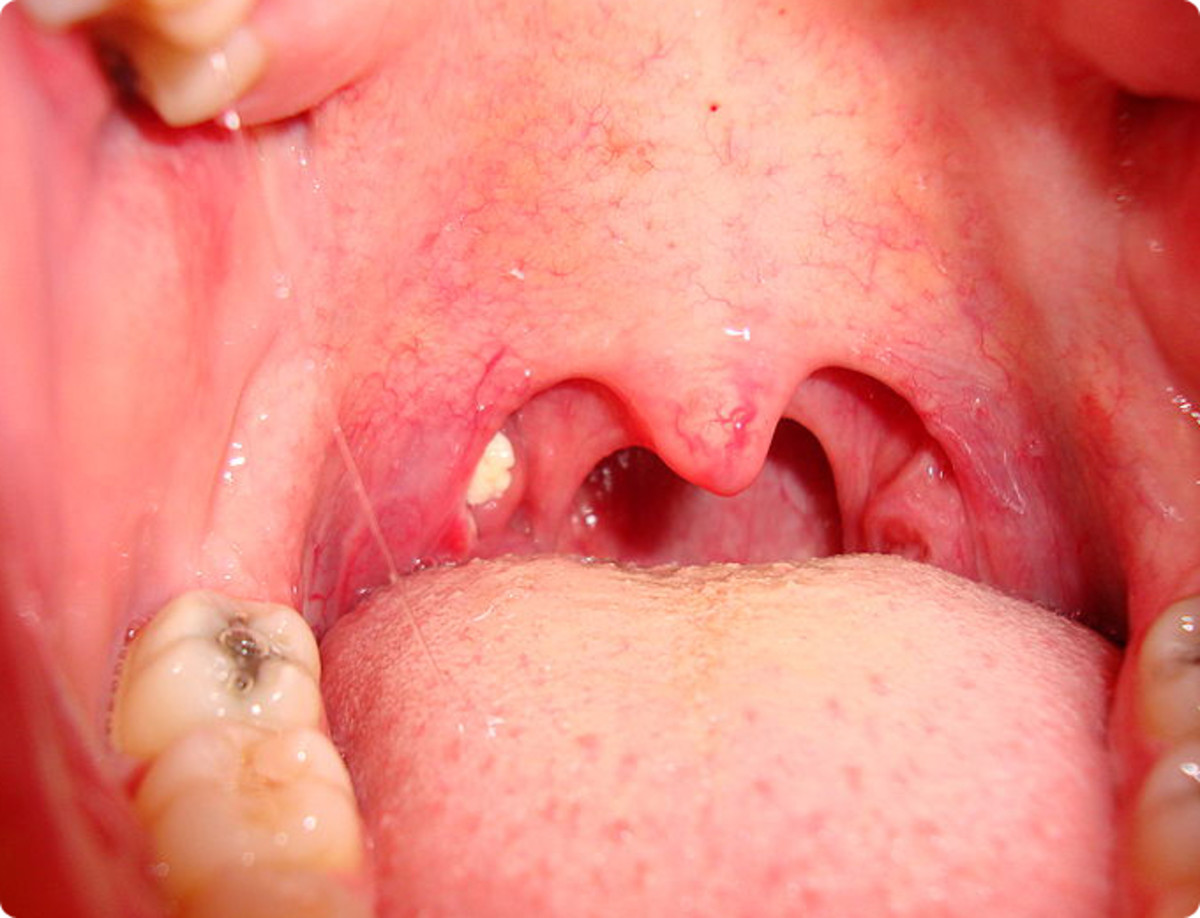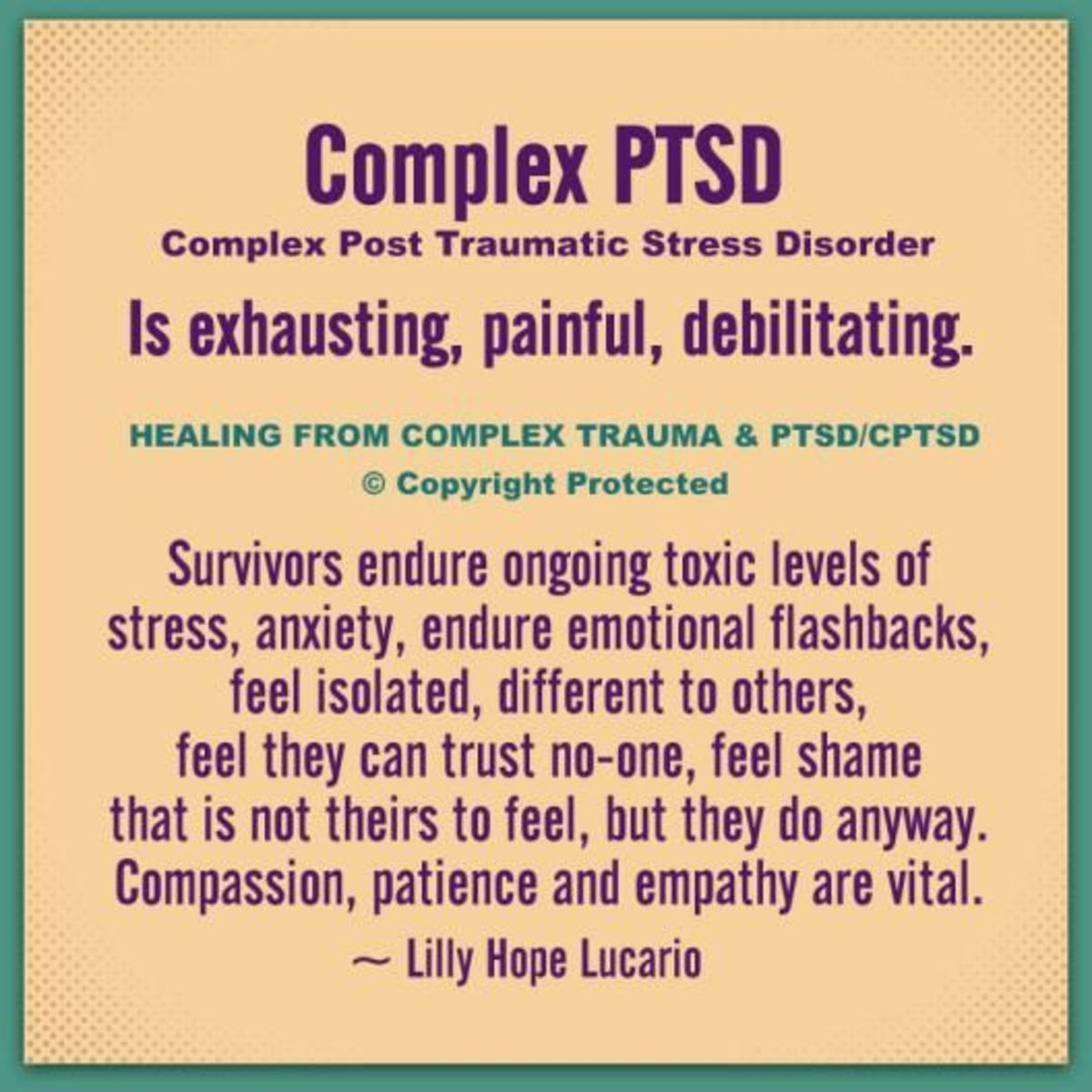What is Selective Eating Disorder?
Selective Eating Disorder or SED is a difficult term to define because it covers a vast selection of food issues. Some sufferers are what many people would describe as fussy eaters, while others have a genuine phobia of certain foods. SED has only just begun to be a recognised disorder, and many medical professionals still do not take it seriously, but sufferers will tell you just how serious it really is.
A picky eater's nightmare
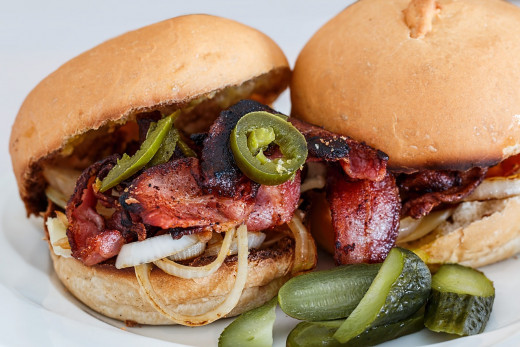
Selective eating versus fussy eating
So what is the difference between simply being a fussy eater and having Selective Eating Disorder? It is hard to say really, but most extremely fussy eaters likely have some degree of SED. If someone is a fussy eater they will have a lot of foods they dislike, but if someone has SED they will have a strong hatred for certain foods, or even a fear of them and a very limited list of foods that they will eat. These are often referred to as 'safe foods' and many SED sufferers can list every one of their safe foods, and some can count them using their fingers. Many SED sufferers have never even tried many of the foods they claim they do not like, but they somehow know they wouldn't like them.
For some it is about texture, they are unable to eat foods that have a particular feeling. Tomatoes are a popular food to avoid because they look 'squishy', in fact many selective eaters don't eat vegetables at all. Others do not like the way some foods smell or even how they look, that is one of the things that makes SED so hard to understand. Not all sufferers have the same issues, and some cannot even pinpoint what their issues are they just know that they have them.
Food phobias are another story, some people are so afraid of certain foods they cannot go out to eat for fear that they will end up sitting near someone who is eating the thing they are afraid of. Many people with SED are afraid of food-related social situations, either because they are afraid of ending up near a food they can't stand, or because they are afraid people will make an issue of their food problems.
Stigma and stress
Many sufferers feel stigmatised by their disorder, some are teased by colleagues or friends if they go out to eat and most are told to simply try to eat better. This is something that is not possible for an SED sufferer, the thought of trying something new is just too much. Someone with SED could not face trying a new food on most occasions, but some can work their way up to trying a tiny amount of something new occasionally. Although they usually do this by pairing it with something they know they like to sort of mask the taste of the new food.
The stress caused by being a selective eater is another problem, many sufferers worry for their health if they know their diet is unhealthy. Others are stressed out by the idea of having to eat in front of people, family gatherings are often a nightmare situation for people with SED as they fear family making fun of their food choices. There is also the stress of wondering if they will be able to find anything to eat at all, because of the limited amount of foods eaten by a person with SED, restaurants may not have anything on the menu that they can eat. This goes for occasions like weddings and other family gatherings as well, often people with SED either go hungry, eat from the kids menu or try to eat before an event so they don't have to eat anything while they are there.
Selective Eating Disorder may be a hard term to define, but one thing is for sure; there is way more to it than simply being a fussy eater.
Eating out is terrifying for someone with selective eating disorder

SED Vs Picky Eating
- Picky eaters will often have many foods they don't like, but people with SED will be completely repulsed by some foods and likely only have a few foods that they do like.
- Picky eaters don't tend to have an actual fear of foods whereas people with SED are quite often terrified of even being in the same room as certain foods.
- People with SED are often a lot more concerned with how their food is prepared than picky eaters are. They need to know that there are no ingredients that are inedible to them.
- Some people with SED cannot have their foods touching.
- People with SED often have a social anxiety associated with food, for example they may get incredibly anxious at the prospect of having to eat in front of other people.
Personal experience
As someone who suffers from selective eating disorder, I can tell you first-hand how difficult it really is. I guess it must be hard to imagine to someone who is a 'normal' eater how hard it is for people like me to have such a bad relationship with food.
There are many foods I simply cannot face trying, and many that have made me physically sick because I have eventually been able to work up the courage to taste them. I was once physically sick because someone used tongs to pick up my hotdog that had previously been used to pick up onions, I could taste the onion and was in the bathroom vomiting within seconds which was very embarrassing since I had just started university and this was one of the first times I had eaten with my new friends.
Not being able to find foods to eat is the hardest part, often I am unable to find something that is edible to me in the university cafes. I don't struggle as much in actual restaurants because they usually have something reasonably plain that I can eat, or at least modify it to make it edible. University is a different matter though, one of the cafes only sells soup and sandwiches which doesn't sound too bad. Only I can't eat soup because there will be vegetables in it and I can't eat any of the sandwiches because there is almost always salad on them or something else offensive like egg mayonnaise. The other cafes are probably much better for a normal eater, they sell actual meals or at least snacks, but nothing is edible to me apart from the odd time the big, main canteen has burgers or pizza. I used to eat hotdogs but after my first experience at uni with them I have been unable to eat another one, I start gagging as soon as I even think about it.
People who make me food are probably the hardest part, its so hard not to offend someone when trying to explain to them that I cannot eat the food they have prepared. I don't go to other people's houses for dinner because of this but sometimes people will bring a big dinner in to work when I am on nightshift with the intention of everyone eating a big meal together. I am yet to eat with them, everything that has been brought in so far has been totally inedible to me. I am not sure I would try it even if it was something I liked just in case there was an unexpected ingredient in it or something. Imagine how embarrassed I would be if someone made me food that made me vomit instantly, not to mention the fact that my co-workers would likely think I had gone a bit mad.
A real eating disorder
Selective eating disorder is in fact a real eating disorder, one that is only just starting to be recognised by the medical community. The official name is Avoidant or Restrictive Food Intake Disorder (ARFID), but most of us don't like the term as it implies that we intentionally avoid or restrict foods which we do not.
Unfortunately, there is still very little research on the subject and very few doctors are even aware that it is a real disorder but it is a step in the right direction at least. I recently participated in some research being conducted by a PhD student on the subject and I hope that research like the study I participated in will at least go some way towards making the disorder more well known.
What makes selective eating disorder different to the more well known eating disorders is that there is almost never a body image component. Many other eating disorders are driven by the sufferer's perception of body image, whereas SED is purely about food. There is a theory that there is an element of Obsessive Compulsive Disorder (OCD) involved in SED but its just a theory although it does seem that many SED sufferers also have OCD.
Treatment
Treatment options are limited for SED, in large part because its next to impossible to get a medical professional to take you seriously enough to refer you to any sort of specialist.
Some people have tried treatments such as hypnotherapy, cognitive behavioural therapy and even exposure therapy, which is very distressing to someone with selective eating disorder. I personally know of a few people that have tried these treatments and some have had limited success, perhaps being able to add one or maybe two new foods to their diet. This is not an overnight cure by any stretch of the imagination and if using exposure therapy you would need to go through this with every single food that you wanted to try to add to your diet.

